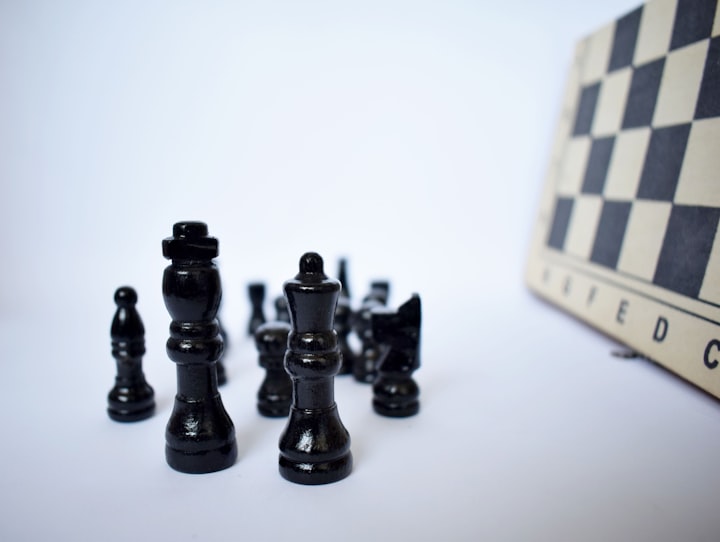
“You will survive, and you will find purpose in this chaos. Going on with life does not mean letting go. ”~ Mary VanHaute
I was ten years old when I discovered the truth. He has not fallen. He was not pushed. It was no accident.
He jumped.
Suicide is not an easy-to-describe concept for a six-year-old child, let alone his younger siblings, so I grew up believing that my father's drowning was a strange, mysterious accident. “It was just one of those things,” the cruel way of the world, and there was nothing that man could do about it.
This explanation has been very satisfying to me and, without fear of the open water and a little bitterness of grief whenever it is spoken of, I have not had any painful trauma all my childhood.
But when I was ten years old I learned the truth - that it was not something divine or catastrophic that took him away from me. In fact, he had traveled the world and left everyone he loved behind. He left me behind.
Is it something I did?
That was the first question I ever asked.
"No," said my mother. "She was upset."
The notion that suicide was an easy solution to grief was just the beginning of the many dangerous perversions I encountered. It would take more than an ice cream cone or a meaningless friendship to admit that my grief was frustrating, until, at the age of eleven, I drank a full bottle of cough medicine in the belief that it would kill me.
I was sad, I said, like him. And if they could do it, why couldn't I?
As I was growing up in my youth, the prospect of my father's suicide began to bother me, even though it was unthinkable. I thought that I was bullied at school, so naturally my father would hate me too.
Maybe I wasn’t smart enough or respectful enough. Maybe I didn't like it. Maybe everyone I loved would leave me in the end.
This way of thinking will gradually enrich my mind, laying the foundations for what would later become a human boundary disease. I was plagued by fear of abandonment, reliance on independence, emotional instability, and suicidal ideation, believing that I was a horrible disease-free person who would drive people away.
I refused to talk about my problems and allowed them to grow, keeping me in deep anger, guilt, shame, and sadness that would eventually explode on me. It was only in my twenties that I realized how much my father's suicide had affected me and my whole life.
I sought help and, little by little, began my treatment.
Dealing with The Stigma
"Mental illness should not be something to be ashamed of, but discrimination and bias should embarrass us all." ~ Bill Clinton.
Selfishness, cowardice, and abandonment are the poisonous beliefs that pervade the topic of suicide, adding to the anger, guilt, shame, and isolation experienced by survivors. Growing up, I hid the fact that my father died for fear of being judged or ridiculed, fearing that the knowledge would not only tarnish his personality, but would paint me with the same black brush.
I still remember the words of one high school girl, "Well, you should not feel sorry for the people who do it, it was their choice after all."
Understanding the severity of mental illness and how it can be mentally disturbed allowed me to accept my father's death. I have come to accept that his suicide was not caused by selfish weakness, but by long suffering and pain, caused by a mind that was consumed by darkness and lacked the ability to think logically.
Allowing the Need for Answers
“Why?”
A question that can only be answered by a suicide victim - but they often leave us speechless. In the absence of a detailed note or other definite explanation we find ourselves trapped in endless explosions, guessing, criticizing, and regretting, to no avail.
It becomes a complaint, a longing for the closest closeness in our hearts.
About the Creator
Aava Sharma
I am a student currently studying at grade 12.






Comments
There are no comments for this story
Be the first to respond and start the conversation.